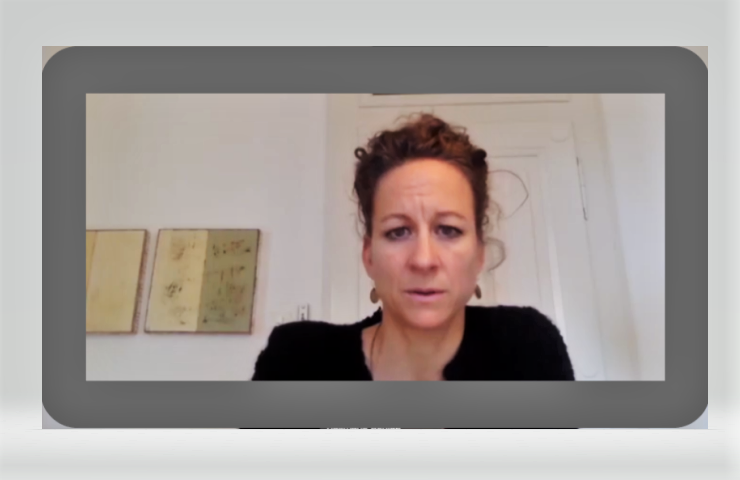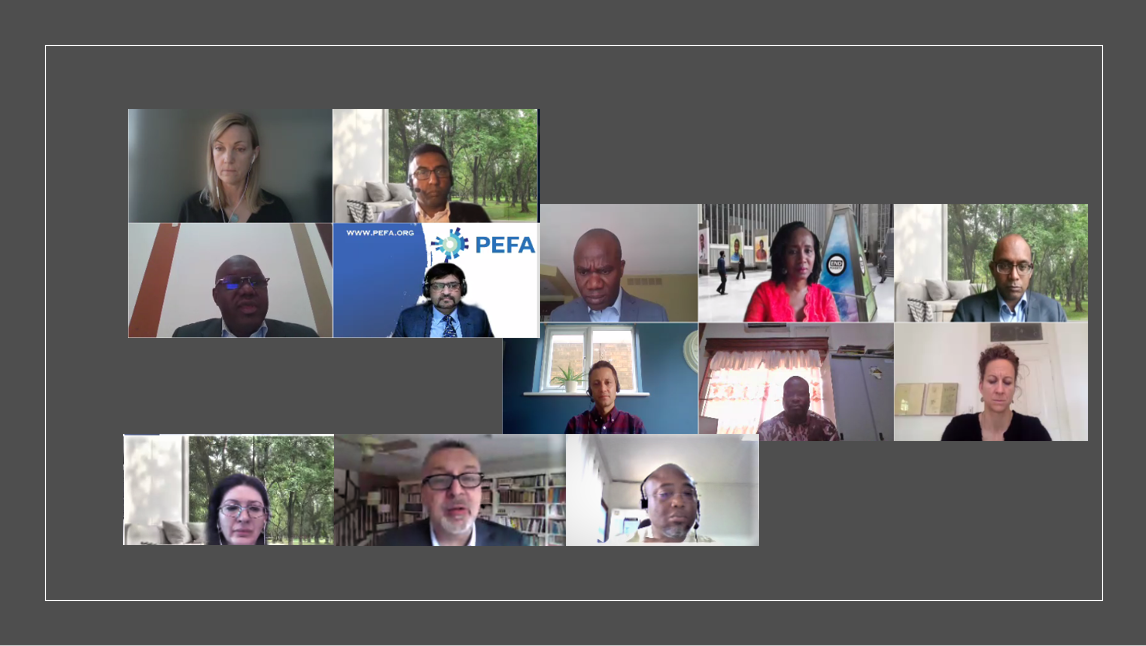The webinar on Participatory Budgeting for Service Delivery and Beyond on 3 May 2021 stimulated a lively debate on how Participatory Budgeting (PB) can be used as an effective and inclusive mechanism for service delivery, shaping the thinking and practices of participants and partners involved.
As Alexandre Arrobbio, Governance Practice Manager in the World Bank, noted in his opening remarks: the practice of PB has spread across the world, and achieved some great results. Yet, and somewhat paradoxically, the depth and extent of its implementation and efficacy in many countries are seen to be limited in scope or lacking in dynamism.
"Should we, as PFM community, take BP more seriously as part of our diagnosis and engagement on PFM ‘good practices?"
The webinar was based around the research paper “Fostering Health Service Delivery via Public Financial Management: The Case of Participatory Budgeting in Benin’s Local Governments”, commissioned under the PEFA Secretariat’s “2019 PEFA Research Competition” that focused on the role of Public Financial Management (PFM) in public service delivery.
The Chair Rosmarie Schlup from SECO summarized the lively discussion: PB enabled the social contract between the citizens and the state, including it could create incentives to pay taxes for better service delivery. In Benin, PB had also provided an important forum for citizens to express their priorities on PFM that used to be confined to PFM experts. The Senior Public Sector Specialist Saidou Diop from the World Bank also called for greater use of PB for improved voluntary compliance of taxes and improved public investments.
But these good outcomes are not inevitable and need to ‘baked into the PB processes”, Delaine McCullough from the International Budget Partnership, emphasized
"PB is a long-term, complex process – if it is not meaningful and inclusive, PB processes can re-establish existing asymmetrical power relations, or be a ‘tick-box’ exercise."
The participants agreed the ownership by local communities is critical: there needs to be accountability for the practical outcomes, including through an active mobilization of wide segments of the society, not just the “usual suspects”. In Benin, PB processes had been fully funded by donors so far – a key concern was how to make it more sustainable.
Do we ever have ideal pre-conditions – such as financial resources, capacity, political backing – do start participatory budgeting processes? What do we do if political will is lacking?
It was agreed continuous policy engagement is needed; development partners can help. PB requirements and processes vary from one context to another but overall guidelines and standards could strengthen effectiveness of the processes. Delaine McCullough from IBP appreciated also the increasing role of participation in the PEFA Program as a way to encourage the PB approaches in PFM practices – as set out by Julia Dhimitri from the PEFA Secretariat.
Critically, the research team stressed that there is also a need to avoid a strive for quick results – including by donors - but there is a need to go back to the local and traditional participation structures “back to the roots” where the practice of PB would utilize existing, more sustainable structures of engagement.
Please watch the video recording below:

The Report was presented by the Research team, led by the Lead Researcher Mr. Philippe Lassou, Associate Professor of Accounting, University of Guelph with colleagues from the University of Essex: Director Kelum Jayasinghe, Professor Teerooven Soobaroyen and Dr. Pawan Adhikari.
Rosmarie Schlup from SECO chaired the event. Adenike Oyeyiola Practice Manager at the WBG, acted as a moderator. Opening remarks were delivered by Alexandre Arrobbio, Governance Practice Manager in the World Bank.
The panelists included:
- Gervais K. LOKO, ALCRER, Benin
- Jacky Ulrich Johan BARBOZA, Coordinator, GIZ
- Saidou Diop, Senior Public Sector Specialist, WBG
- Delaine McCullough, International Budget Partnership
- Julia Dhimitri, PEFA Secretariat.
The webinar was attended by 184 participants, with an active participation and questions from the audience.

For questions and information contact PEFA Secretariat at: services@pefa.org






